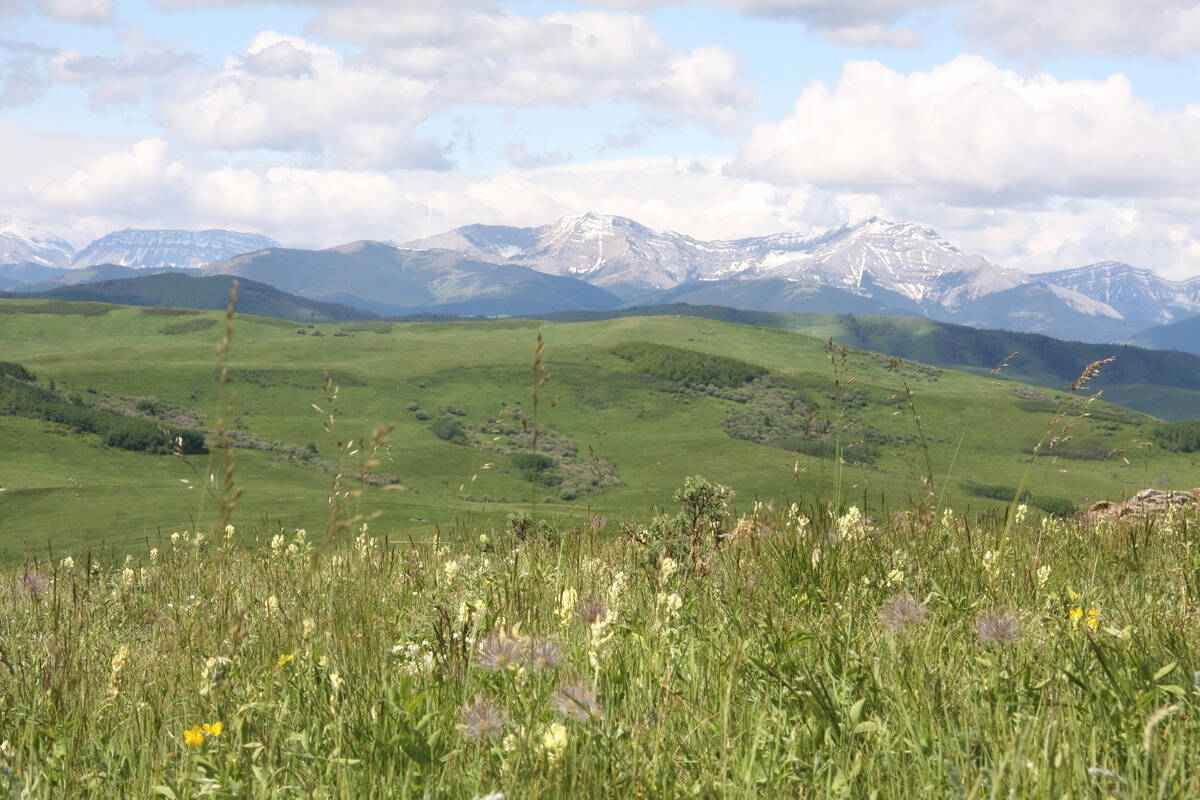CHILLIWACK, B.C. – This is Chuck Strahl country, where farmers and community boosters in this booming Fraser Valley city are quick to tell a visitor that agriculture is one of the main local drivers.
It sits on some of the best land in British Columbia and boasts the warmth, sunshine, long growing season and moisture to make it prime farm country.
“Agriculture continues to be a major economic sector. It accounts for about 65 percent of the city’s land base (held in the Agricultural Land Reserve), and for about 29 percent of the community’s economy,” says the Chilliwack Agricultural Commission. If agricultural-related input and processing jobs are added, the figure is much higher.
Read Also

Selenium not deal breaker in coal mining: expert
Environmental scientist weighs in on coal mining debates in Western Canada, explaining selenium and the technologies and practices to lower its concentrations in nearby waterways to coal mining operations
Most of the close to 1,000 farm families in the area upon whom this economy is based are strong supporters of Strahl, the local MP and new agriculture minister, says poultry and hazelnut producer Walter Esau.
Even though Strahl’s parliamentary record of comment on agricultural issues in the past is thin, he is seen as a sympathetic listener with an appreciation of complex issues.
“I think he very much has the confidence and support of the agriculture community here,” Esau said in a March 19 interview. He has known Strahl for years and has been with the MP on several overseas trips organized by Campus Crusade for Christ.
“He has a logging background but he has a good concept of agriculture,” said the 62-year-old farmer and real estate agent. “He lives in the middle of it (on an acreage on the outskirts of the city).”
Strahl has owned this Chilliwack-Fraser Canyon riding as his political base for more than a dozen years through five elections and being part of four different political groupings in Parliament.
On Jan. 23, he won 56 percent of the vote and defeated his closest rival by almost 17,000 votes.
Poultry and tree farmer James Dick figures Strahl’s appointment as minister will make him more aware of the agricultural interests in his own riding.
“I really can’t remember an agricultural issue he championed and because his background is the forestry industry, he would have had to learn agriculture,” said Dick.
“But he is very open, a good listener. I would say he is quick to listen but slow to answer, guarded, making sure he doesn’t promise what he can’t deliver.”
That may explain Richard Wierks’ unsatisfactory non-connection with the MP.
The 44 year old bought into the greenhouse business in Agassiz, B.C., last year and found that soaring natural gas prices were throwing his business plan out of kilter. In late 2005 as politicians were heading into an election, the frustrated producer e-mailed Strahl to tell him how gas prices were hurting the entire vibrant greenhouse industry in his riding and how he felt natural gas producers were gouging customers.
“I never did get an answer,” said the red pepper producer with a 2 1/2 acre greenhouse in the shadow of Mount Cheam. “But I know they got the message because now I’m on his e-mail list.”
Still, even disappointed Wierks doesn’t have a bad word to say about Strahl.
“He’s a very likable fellow, a quick wit,” he said in his greenhouse office. “He has high morals, a church-going guy and I respect that.”
A drive through the agricultural basin in the riding makes it seem odd that as an opposition MP, he would not have been more visible on Parliament Hill on farm issues.
More than 45,000 acres are farmed in the Chilliwack area with an investment of almost $1 billion and annual farmgate receipts of $200 million. Cattle operations in the northern end of the riding would add to the total.
Dairy, cattle and poultry are the largest sectors although there are 68 greenhouses that produce vegetables for domestic and export markets. Chilliwack sweet corn is a sought-after brand name in Vancouver markets. Southern California consumers import Fraser Valley peppers in preference to local production.
Esau said in his real estate business, land is selling for $35,000 per acre as farms expand and new farmers try to establish: “The farmland market here is crazy.”
As minister, the issues these constituents have will give Strahl some local grounding for the national files he is trying to absorb as a new minister – farm income, supply management unease, high costs and intergenerational transfers.
Among his farmer constituents, no message will be louder than that he do nothing at the World Trade Organization talks to undermine supply management. It is the largest and most prosperous farm sector in the riding.
It is a message he has been hearing since 1993 and perhaps that explains some of the Parliament Hill silence on agricultural issues.
Until a 2004 breakthrough in Ontario, the political parties Strahl has represented, including Reform and Alliance, were skeptical about supply management, imagining it as free trade-undermining protectionism designed mainly to placate Ontario and Quebec farmers.
If Strahl was listening to his own farmers, he would have been hearing a message at odds with the party line.














